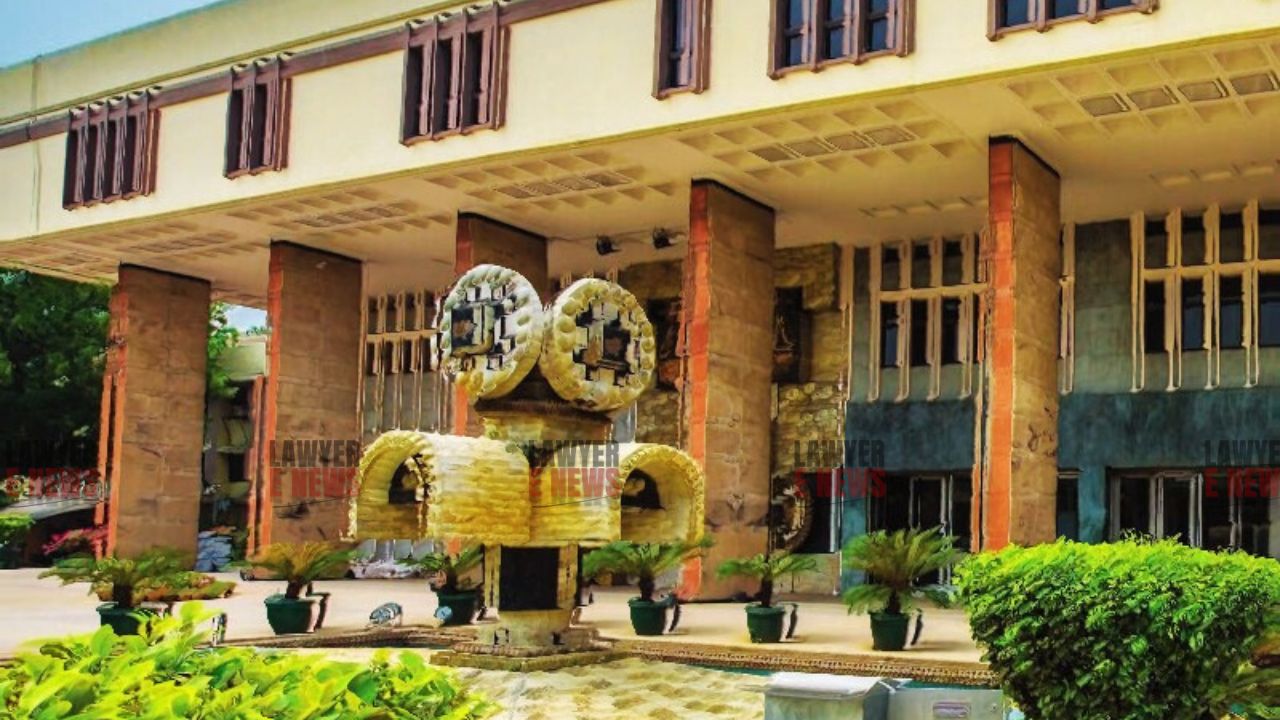-
by Admin
17 December 2025 4:09 PM



In a significant judgment balancing constitutional rights with statutory obligations, the Delhi High Court granted bail to three Popular Front of India (PFI) members accused of money laundering under the Prevention of Money Laundering Act, 2002 (PMLA). Justice Jasmeet Singh held that no prima facie case of money laundering was made out under Section 3 of the PMLA and that prolonged incarceration without trial violated the petitioners’ fundamental rights under Article 21 of the Constitution.
The court observed that the alleged funds, purportedly collected for illegal activities, could not qualify as “proceeds of crime” under PMLA since they were not directly derived from a scheduled offence. The petitioners, Parvez Ahmed, Abdul Muqeet, and Mohd Ilyas, had been in custody for over two years, with the trial unlikely to conclude soon, as it involved 185 witnesses and voluminous evidence.
The Directorate of Enforcement (ED) accused the petitioners of collecting and laundering funds for PFI under the guise of donations. According to the ED, these funds, totaling over ₹60 crores since 2009 (₹32 crores in cash), were raised to incite violence, disturb communal harmony, and fund terrorist activities, including the Delhi riots of 2020. The funds were allegedly disguised as donations but were untraceable due to incomplete donor details.
The petitioners were arrested on September 22, 2022, under PMLA charges, arising from scheduled offences under the Unlawful Activities (Prevention) Act, 1967 (UAPA), and the Indian Penal Code (IPC). The ED alleged that Parvez Ahmed, as the Delhi State President of PFI, oversaw fundraising, while Mohd Ilyas and Abdul Muqeet played key roles in collecting and depositing funds.
The High Court emphasized that under Section 3 of the PMLA, “proceeds of crime” must be derived or obtained directly as a result of a scheduled offence. It held that funds collected for the purpose of committing a future crime do not qualify as proceeds of crime. Justice Singh observed:
“The collection of funds to commit a scheduled offence in the future is not an offence of money laundering under PMLA. Proceeds of crime must be generated as a result of a scheduled offence.” [Para 41]
The court also noted that the ED failed to produce evidence linking the funds to any scheduled offence, stating that the alleged proceeds of crime preceded the alleged predicate offence (Delhi riots).
“The case set up by the ED is putting the cart before the horse.” [Para 41]
The court highlighted the significant delay in trial, noting that the charges were yet to be framed despite the petitioners being in custody for over two years. Given the complexity of the case—185 witnesses, 456 documents, and extensive digital evidence—the trial was unlikely to conclude soon.
Relying on precedents such as Union of India v. K.A. Najeeb [(2021) 3 SCC 713] and V. Senthil Balaji v. Enforcement Directorate [2024 SCC OnLine SC 2626], the court reaffirmed that prolonged detention without trial violates Article 21 of the Constitution.
“The principle of ‘bail is the rule, jail is the exception’ must prevail, and the constitutional right to a speedy trial cannot be sacrificed to statutory rigors.” [Para 47]
The court noted that the stringent twin conditions for bail under Section 45 of the PMLA—satisfaction that the accused is not guilty and is unlikely to commit further offences—had been met. Justice Singh observed:
“Prima facie, the petitioners do not have dominion or control over the alleged proceeds of crime, as they merely collected and deposited funds with PFI's accountant or accounts.” [Para 43]
Citing judgments such as Manish Sisodia (II) v. Enforcement Directorate [2024 SCC OnLine SC 1920], the court reiterated that statutory provisions cannot override constitutional protections.
“Special statutes should not become tools for incarcerating accused persons indefinitely when there is no likelihood of trial concluding within a reasonable time.” [Para 50]
The court granted bail to the petitioners, subject to the following conditions:
Each petitioner must furnish a personal bond of ₹50,000 with one surety.
Passports must be surrendered, and the petitioners cannot leave the country without permission.
Petitioners must provide active phone numbers and addresses to investigating officers.
They must avoid unlawful activities, cooperate with investigations, and not tamper with evidence or contact witnesses.
The court clarified that its observations were limited to the bail proceedings and would not affect the merits of the trial.
This ruling underscores the importance of protecting constitutional rights, even in cases involving stringent laws like the PMLA. By emphasizing that “proceeds of crime” must be directly linked to a scheduled offence and that prolonged detention violates Article 21, the court has set a significant precedent. The judgment reinforces the principle that pre-trial incarceration should not become punishment and that statutory rigors must yield to constitutional safeguards when trials are unduly delayed.
Date of Decision: December 4, 2024
